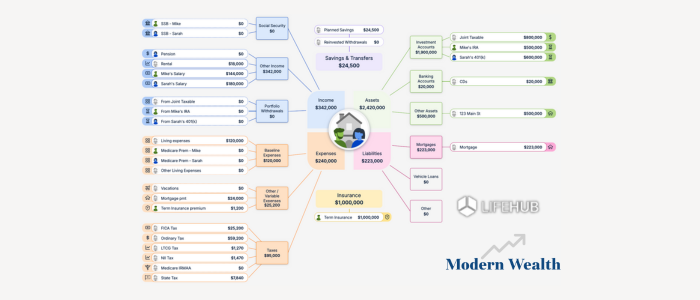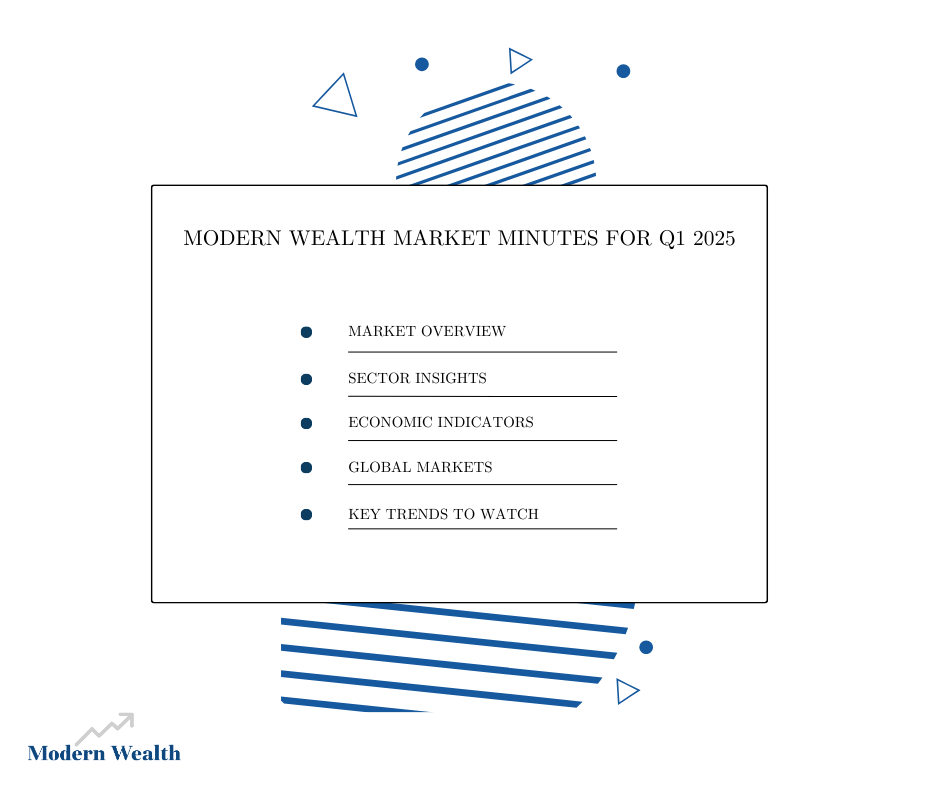The Intangible Capitals of the Modern Business
Friday, March 29, 2024

In today’s dynamic and fast-paced business landscape, the value of a company is no longer solely defined by its tangible assets like property, machinery, or inventory. As the evolution of the digital age and knowledge-based economies advances, a significant portion of a company’s worth lies in its Intangible Capitals. These capitals, which account for roughly 80% of a company’s value, provide a deeper insight into the intrinsic strength and future potential of an enterprise.
Christopher Snider, CEO of the Exit Planning Institute, aptly remarked, “Managing intellectual knowledge has become the single most important task of business.” Indeed, wealth creation in the modern era hinges on a company’s capacity to “create, assemble, integrate, protect, and exploit knowledge assets.” But what exactly are these Intangible Capitals, and why are they so crucial?
1. Human Capital: The Powerhouse of Potential
The heart and soul of any organization, Human Capital refers to the collective strength, talent, and capabilities of its people. It’s not just about numbers but quality. This capital encompasses various attributes, from the ability to execute projects efficiently, the skill to innovate and adapt to changing business climates, to the passion, grit, and character exhibited by the workforce. A company rich in human capital is one that fosters growth, cultivates talent, and is poised to navigate challenges with agility. The power to deploy these assets independently of the business owner further boosts the value, ensuring longevity and consistent performance.
2. Customer Capital: Building Bridges with Relationships
Every successful company understands that its real strength lies not just in its products or services but in its relationship with its customers. Customer Capital delves deep into these relationships, especially with the company’s premium clientele. A strong Customer Capital signifies that there’s a deep-seated bond marked by open communication, integrated operations, and shared goals. Such bonds aren’t merely transactional; they are partnerships. These partnerships lead to brand loyalty, repeat business, and most importantly, they make a company resilient to market fluctuations.
3. Structural Capital: The Backbone of Operations
If Human Capital is the heart and soul of an organization, Structural Capital is its backbone. This refers to the internal frameworks, strategies, processes, and systems that drive the company. It’s the robustness of the business model, the efficacy of its processes, and the resilience of its financial structures. A company with strong structural capital has well-documented, proven systems that are scalable and transferrable. This scalability is what makes a business attractive to investors and potential buyers, as it signals the ease of expansion and replication.
4. Social Capital: More Than Just Culture
Last, but by no means least, is Social Capital. At its core, it represents the culture of a company. But it’s more than just team lunches or off-site retreats. Social Capital is the glue that binds Human, Customer, and Structural Capitals. It’s the intangible ‘vibe’ of the company, the ethos that determines how employees interact, how leadership communicates, and how the company as a whole engages with its external stakeholders. A strong social capital ensures a harmonious blend of the other three capitals, creating a self-perpetuating rhythm of success and progress.
In Conclusion
Understanding and harnessing the power of Intangible Capitals is essential for modern businesses. It’s not merely about realizing the current value of these assets but about tapping into their potential for future growth. As the business world continues to evolve, the importance of these capitals will only magnify. Businesses that recognize this and invest in nurturing and expanding their intangible assets will not only thrive today but will also pave the way for a sustainable and prosperous future.

January 31, 2025
Life Hub at Modern Wealth

January 22, 2025
Modern Wealth’s Retirement Optimizer
